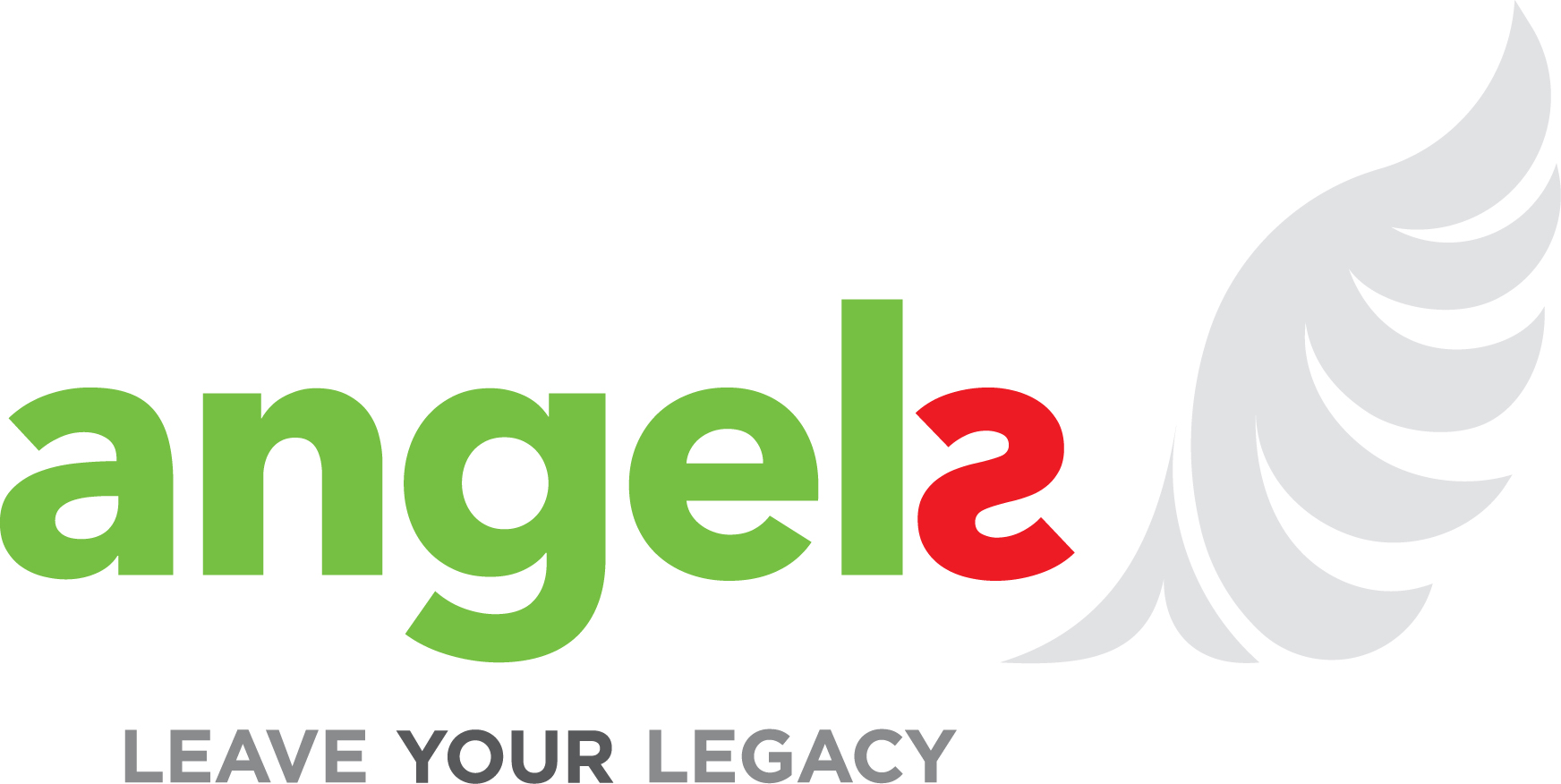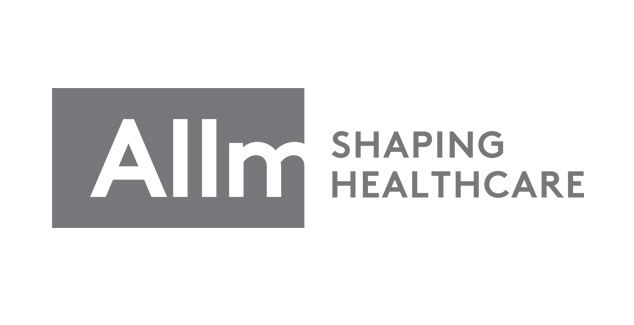
Ivy Sebastian
Member Bio
Upon completion of my high school education, I was presented with the opportunity to pursue my interest in medicine at Christian Medical College and Hospital. Being a minority Christian institution with the motto “My work is for a King”, the ideals of service and commitment to the underprivileged were instilled in us, very early on in our medical career. I completed my Bachelor of Medicine and Bachelor of Surgery in the year 2007, after which I volunteered to work in a small Christian mission hospital situated at the Indo-Pakistan border, for two years. Working in a rural set-up with both paediatric and adult populations, exposed me to the challenging healthcare situation in our country and the practical challenges faced in accessing and continuing treatment regimens.
I went on to pursue my MD in Internal medicine, and it is during my rotation in Neurology that I first developed an inclination towards Stroke. After completing my MD, I worked as a senior registrar in Neurology at St. Stephen’s Hospital, New Delhi, where I had the privilege of being involved with the ATTEND trial.* This trial was one of its kind, a RCT conducted across 14 hospitals in India with the aim of evaluating whether a home-based, caregiver delivered rehabilitation program was an effective and affordable discharge strategy for those with stroke in India. As Co-investigator from St. Stephen’s Hospital, I was given the responsibility of supervising patient recruitment and overseeing the study performance from my site. Being part of this trial not only matured my leadership and organisation skills but has also revealed to me the importance of a good quality research and the huge impact a good trial can have.
I returned to CMCH, to specialize in Neurology and after having completed my DM Neurology, I have been working as Assistant Professor in the Department of Neurology at CMCH. The guidance of Dr Jeyaraj D. Pandian, my mentor and teacher, and a pioneer in the field of stroke has been a turning point in my career as a researcher. Under his tutelage, I have had the privilege of being involved in a few research projects which have been pivotal towards my growth in the field of research.
In May 2019, I received the Young Investigator Award at the European Stroke Organisation Conference for my paper on the role of genetic, environmental and dietary factors in exceptionally high incidence of hemorrhagic stroke in Northeast India. In association with WHO-SEARO, New Delhi and Dr Dorji Gampo, Department of Non-communicable disease and Environmental health, I have been instrumental in the drafting of a stroke education manual for community health workers, doctors and nurses which aims to foster stroke awareness, expedite stroke recognition and promote early stroke referrals at the grass-root level.
As part of the Indian Council of Medical Research, two population-based stroke registries were conducted in rural and urban Ludhiana respectively. As a sub-study of the stroke registries, a comparison between the rural and urban stroke data was compiled and studied by me, the results of which I have been invited to present at the upcoming European Stroke Organization and World Stroke Organization joint conference 2020 at Vienna. At present, I am co-authoring an invited review on, “Stroke systems of care in Low and Middle-Income Countries” along with my mentor Dr. Jeyaraj D. Pandian and other international stroke stalwarts. It expects to be published in Lancet as part of a stroke series this year.
Apart from research, I am passionate about my clinical work and teaching responsibilities which I am actively involved in. I am enthusiastic about furthering my knowledge in research methodology and as a young clinical researcher, I envision designing superior quality, low-cost or no-cost stroke intervention studies specific to India.
*ATTEND Collaborative Group. Family-led rehabilitation after stroke in India (ATTEND): a randomised controlled trial. Lancet 2017;390:588–99.







